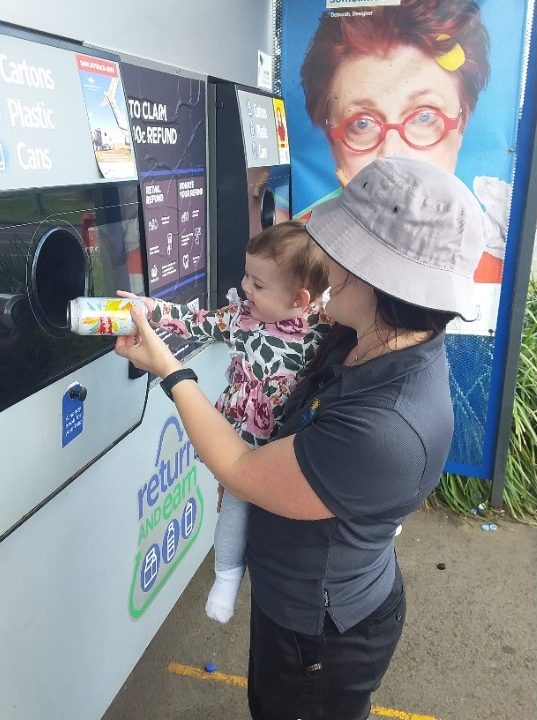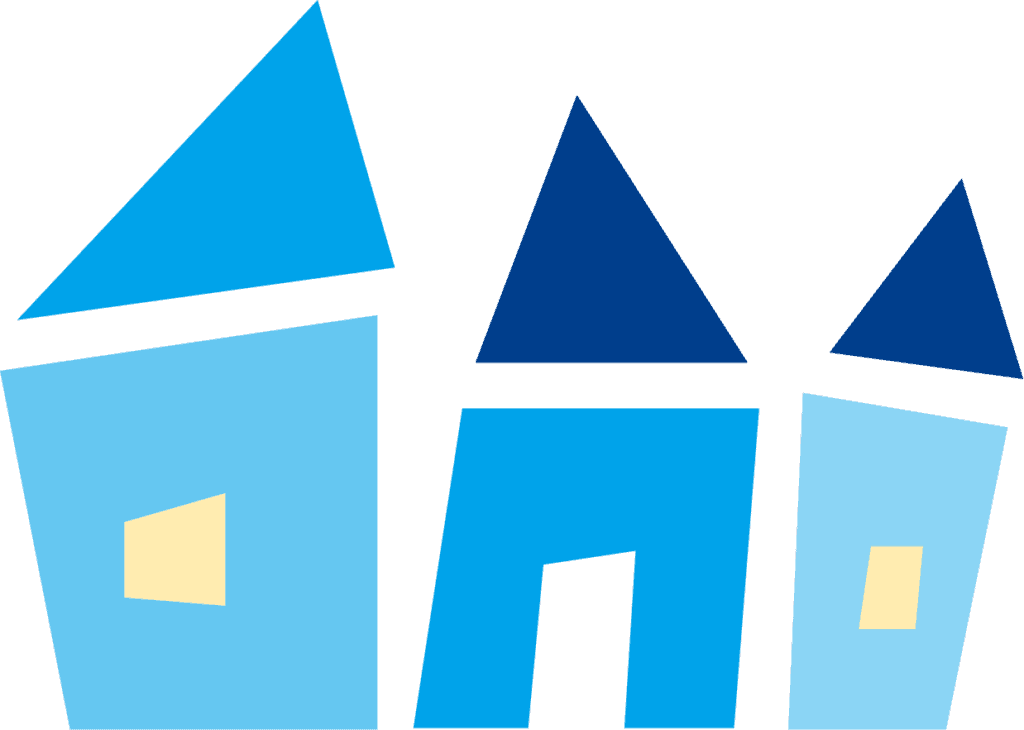You may be surprised how strongly children can respond to information about environmental causes. Engaging them in discussions about matters that impact their world not only sets a foundation for critical thinking, but also empowers them to realise that together we can generate change.
At Story House Aberglasslyn, we have passionate educators who are committed to continually improving our sustainable practices and raising awareness with our young generations to keep the world healthy and happy for the future. At every age across our service, children and educators contribute collaboratively caring for nature and protecting what we have. According to the Early Years Learning Framework “environments and resources can also highlight our responsibilities for a sustainable future and promote children’s understanding about their responsibility to care for the environment”.
Our Under Water World friends had fun with mangoes and kiwi fruit this week. They cut up fruit to make their own ice blocks. The scraps were then fed to the worms in our worm farm.
The Underwater World group have continued to explore other areas of sustainability by recycling materials to create new projects, such as making caterpillars out of recycled drink bottles and rain ponchos from plastic bags.
During recycling week, some of our sustainability heroes put together an upcycled herb garden using an old, long piece of bamboo for the garden bed and wire coat hangers. With help from their educators, they sourced the seeds from Woolworths as they had an overabundance from their giveaway promotion and donated them to us. Miss Nat and Miss Kirsten talked to the children about how it`s good for our environment to make do with what you can find to reuse, recycle, and upcycle, instead of buying something new. We also used this method with an old pot previously used for cooking that was no longer needed. Instead of it going to landfill, the team reused it to make a nice plant for their room. The children wanted to take some of the seeds home so they investigated what they could upcycle to create a pot plant. The group came up with lots of suggestions like yoghurt containers, chipped mugs and tin cans.
“If we can all learn to do a little – grow some herbs, lettuce or any leafy green, a few veggies, maybe a fruit tree or two rather than relying on what’s in the shops. It can make a big difference to the quality of the food we eat and our reliance on chemically produced food that is affecting our health. If children learn this and it becomes part of their daily lives, we are giving them skills for a healthy future,” Said Miss Kirsten.
Recently we have committed to creating a new garden in front of the chook pen. We have started gathering input and ideas from the children as to what this space may look like or include. Through our daily yarning, the children have shared their contributions suggesting a picture of a possum and food for us to eat. Our 3-4year olds have creatively expressed their ideas, painting their own visions of what the garden will look like. It’s important to us that we gather their input and involvement in this project to support their sense of ownership and belonging in their learning environments. We have also welcomed input from our families about what else could be added to this space to support the children’s learning and create an inclusive space. Through our partnerships with Aboriginal and Torres Strait Islander families, we can connect with our indigenous community to learn more about and grow some of our own Indigenous foods.
Our service has also recently been involved in the ‘Get Grubby’ program brought to us by Maitland City Council. This program has helped support the children’s sustainability education and provided more learning opportunities. The program has encouraged our educators to build on our own knowledge and understanding of other ways we can reinforce positive sustainability learning experiences as we continue to connect with nature and empower young children to do little things that make a big difference. It has been wonderful to watch children’s enthusiasm to participate in hands on activities such as stepping on different natural textures, making mud pies, creating mud hand prints, tree bark rubbings and tracing leaves. The curiosity and excitement children display towards getting their hands dirty, searching in the mud for bugs, and being able to hold a live worm in their hands has been amazing to see. We continually strive as a service to foster children’s capacity to understand and respect the natural environment and the knowledge of “why” and “how” to be sustainable.
Here is a list of other strategies that are introduced to the children here at Story House Aberglasslyn to support concepts of sustainability and caring for the environment.
- We have separate bins for waste e.g. rubbish, organic, soft plastic and recycling. We ensure the children understand what goes in the different bins through modelling, pictures, stories and games.
- A communal pantry – parents can take food items from the pantry when picking up their children, perhaps an ingredient they’ve run out of that they need for dinner that night, and in return, parents can contribute something left over from their own pantry the next day. The communal pantry includes basic food staples such as pasta, pasta sauce, cans of tuna, breakfast cereals, biscuits and crackers.
- We reuse and repurpose materials for play and use recyclable items for craft activities. Common everyday materials ranging from cereal boxes, toilet rolls and aluminium cans are used for a range of recycling ideas, helping stimulate the imagination and keep children engaged for hours. We demonstrate how to make musical instruments like maracas, shakers and drums using these easily accessible and recyclable materials.
- Encourage children to participate in a recycling program collecting bread clips and can pull rings to help create more wheelchairs. We involve the children in developing new strategies for recycling materials through regular excursions to the return and earn machines and participating in community events such as Clean Up Australia Day.
- We engage children in discussions about sustainable practices, such as noticing how a garbage bin is full, how food and scraps are left over after mealtimes.
- For older children, environmental issues such as drought or daily weather reports including updates on air quality and pollution levels are discussed during morning group times. We choose “Energy Savers” – responsible for noticing lights, fans and other appliances left on when not in use. Likewise, choose ‘Water Savers” – responsible for noticing taps left on and other wasted water.
- Children bring their own water bottles instead of washing cups. We help children find ways to collect water when it rains and then use in different ways, educating the children on caring for plants and our water ways by recycling water.
- Provide child size watering cans and recycle our water from water play.
- Educating children in the natural decomposition cycle through exposure and participation in worm farms and composting food scraps.
- Educating children on how to care for pets and actively looking after our centre fish and chickens.
- Involve children in air drying the clothes rather than using a dryer. They help hang out small items on the fence or drying rack. We ensure we save washing until we have a full load to put on.
- Make age-appropriate books about the earth available and read them aloud at story time.
- Teach children how to make their own paper using recycled paper scraps.
About Story House Early Learning Aberglasslyn
Just minutes from Rutherford Public School, Story House Aberglasslyn welcomes families from surrounding suburbs including Rutherford, Maitland, Oakhampton and Oakhampton Heights.
Our service offers smaller class sizes, spacious play areas, and modern educational materials.
Our aim is to provide a secure and happy environment where children can develop their intellectual, social, emotional, physical, and language skills to become competent and confident individuals. And for you to feel safe knowing that your child is receiving the best possible care.
For enrolment enquiries or to book a tour, please contact our Service Manager, Amy Kearney
Phone: 02 4932 1329
Email: [email protected]


